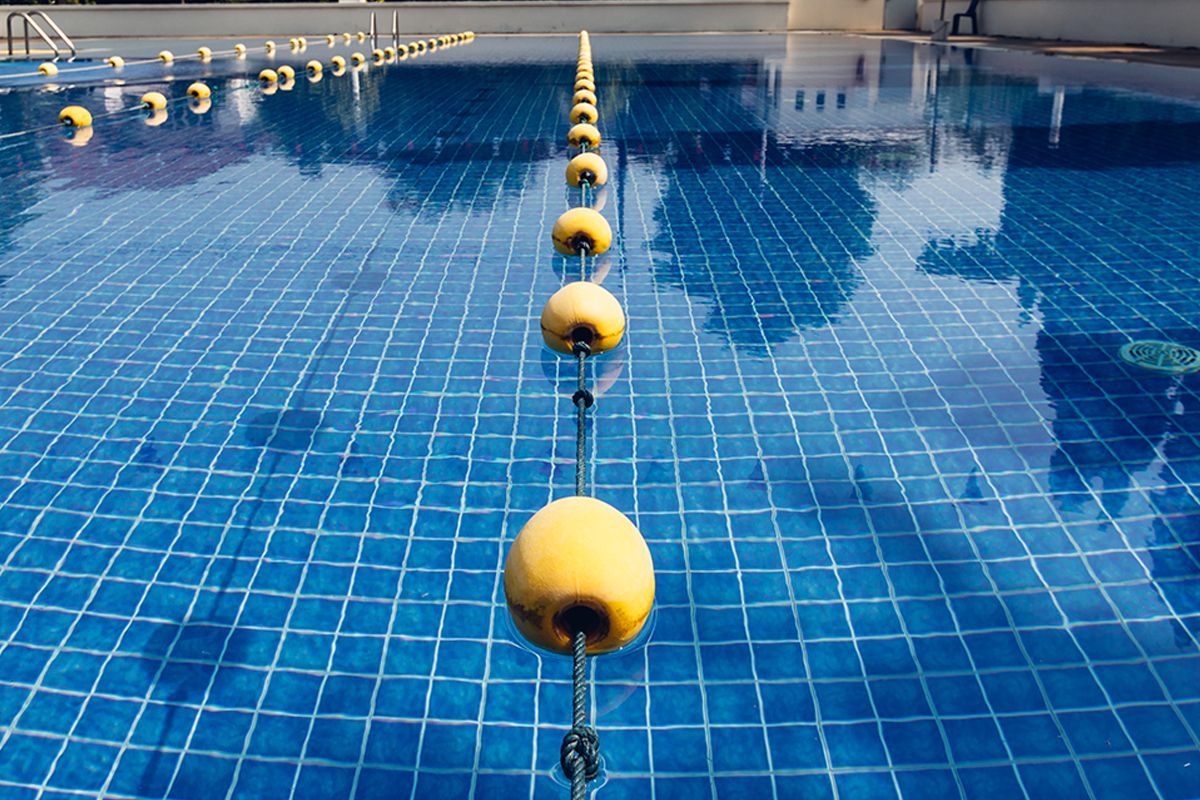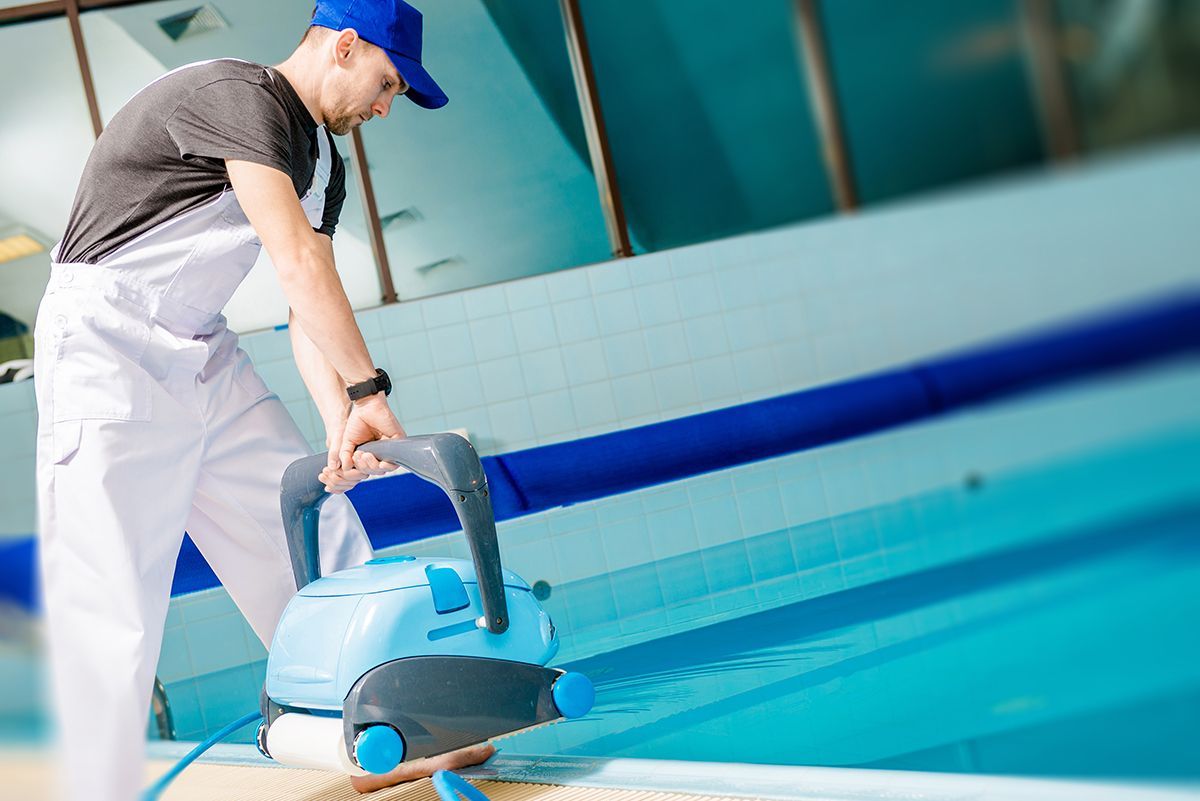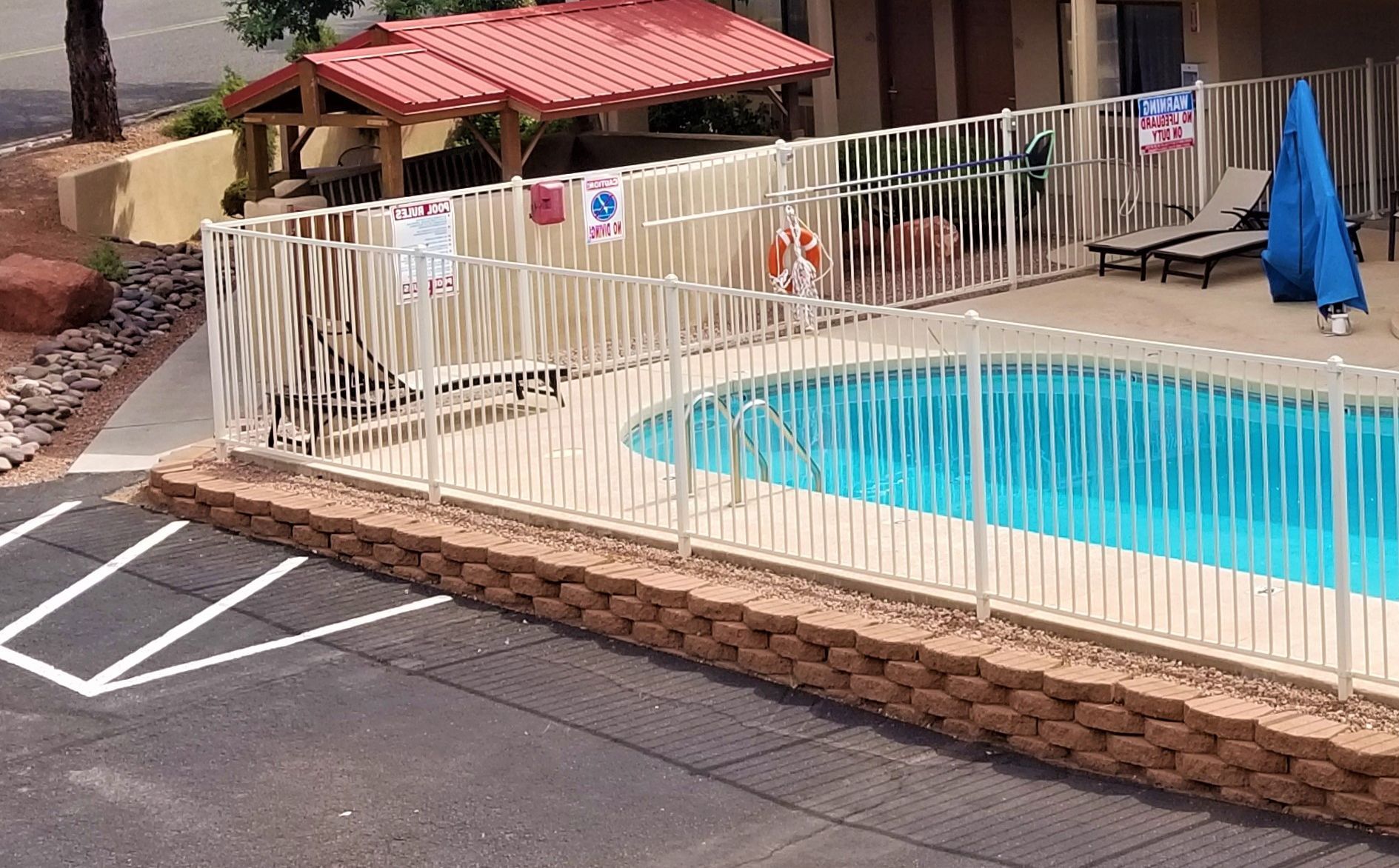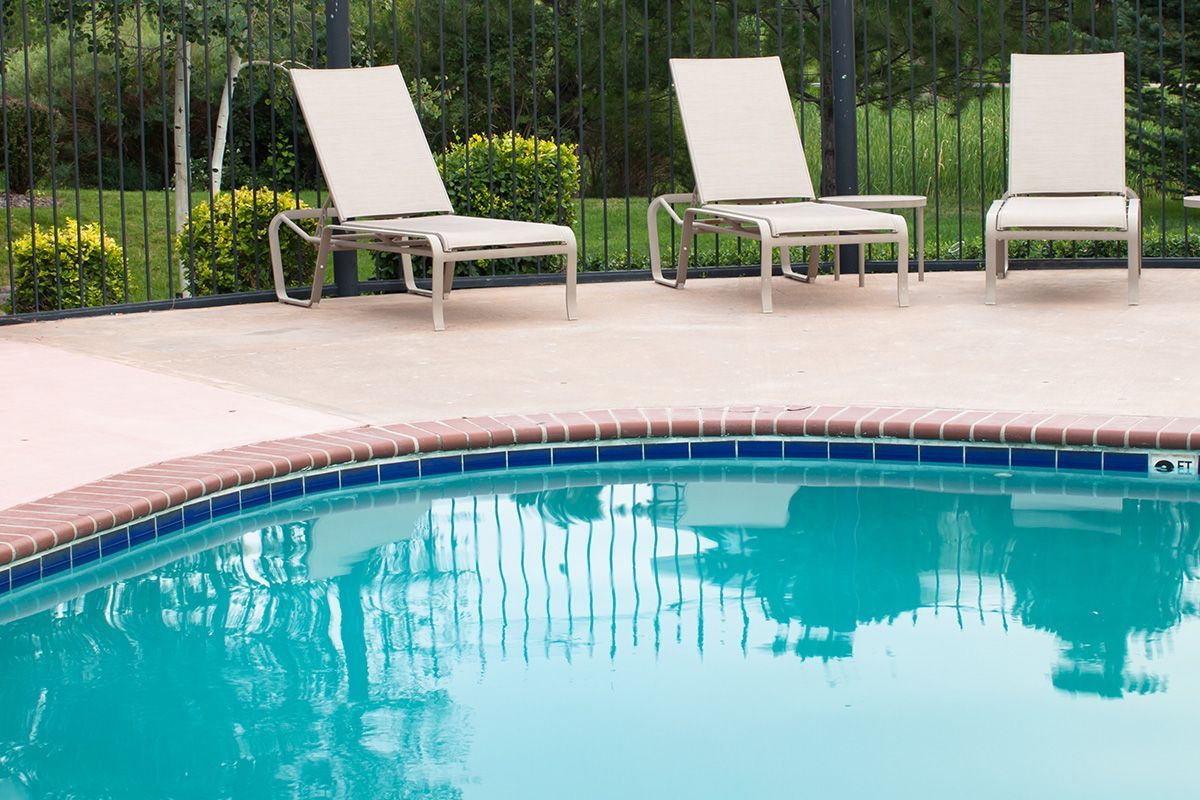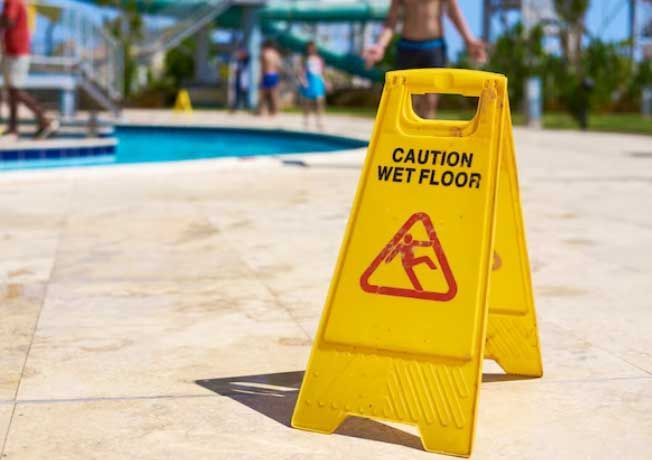Pool Expert Advice for Homeowners and Managers - Pool Safety Check
Pool Compliance Solutions for Homeowners and Managers: Get Expert Advice Now
Are you a homeowner or a property manager in need of pool compliance solutions, but unsure how to get started with researching the best solutions available? A lot of people find themselves in the same boat and we’re here to help. This blog post outlines the most effective pool compliance solutions that property owners and managers can use to maintain their pool and spa for the long haul. We’ll cover everything from the importance of annual pool maintenance and inspections all the way to expert advice you can leverage to achieve compliance quickly and easily. Let’s dive in!
Quick Response to Key Question
Most local governments provide pool safety information and resources to help homeowners and managers comply with regulations. You may also find independent consultants who specialize in pool compliance consultants to assist you if needed.
Pool Safety Regulations for Homeowners
Homeowners with a pool have certain responsibilities and obligations to uphold for safety regulations. Pool safety is a priority, particularly for families with small children or pets, as it requires surveillance and diligence in order to minimize any potential risks associated with the poolcraft.

It's typically required that homeowners install fencing that is at least 4-6 feet high in order to prevent unsupervised access to the pool. It's important to consider height when positioning furniture, ladders and other items that provide an easy access point to the pool. On top of these physical safeguards, such as alarm systems or
self-closing gates with latch release out of reach from children can further mitigate the risk of unattended pool access.
The American Red Cross suggests activation time for any such devices should be less than 30 seconds in order for them to remain effective in keeping unwanted guests away from the pool. The National Safety Council makes similar recommendations and emphasizes that water safety lessons taught by certified instructors could reduce the chances of having incidents at home swimming pools by 80%.
Furthermore, informed homeowners may choose to take additional steps such as posting "No diving" signs near their pool decking, removing toys from sight when they are not used, purchasing life preservers and making sure that those using the pool are aware of all regulations set forth. There are many levels of protection a property owner can select when it comes to maintaining proper safety standards around their swimming pools; but safety is always paramount regardless of how few or extensive a homeowner’s regulations for its use may be.
Taking all necessary precautions for keeping a safe environment around your home’s swimming area is an essential part of being a responsible owner. Understanding laws and regulations should reinforce this sense of responsibility and provide an even greater degree of assurance that your family, pets, and guests can enjoy your pool confidently.
We will now look into understanding laws and regulations associated with owning a swimming area in more detail in the following section.
Understanding Laws and Regulations
Understanding laws and regulations surrounding pool compliance are of the utmost importance for homeowners and managers alike. Local, state and federal authorities have imposed
penalties for swimming pool violations, making it imperative to be aware of all applicable rules and regulations. The deck area must be free of hazards or debris, have the appropriate safety signs posted, the pool should have valid certification and the water should be clean and balanced in order to abide by all relevant laws.
The debate that often arises when it comes to pool compliance is whether property owners, landlords or public entities should be held more responsible when it comes to adhering to laws around pool safety. While all parties involved must understand the laws, it is ultimately up to those with control over the premises and operations to ensure they are enforced. Ultimately, this responsibility may rest on homeowners, landlords or local governments; so understanding these regulations and ensuring they are met is essential.
Identifying hazards and conducting a risk assessment can help ensure your business or home is compliant with all applicable laws. By being proactive about identifying any risks or deficiencies in your swimming pool environment, you can take actionable steps towards avoiding potential legal issues that may arise from violations. The next section will discuss how to go about identifying hazards and assessing risk as part of your pool compliance strategy.
Identifying Hazards and Risk Assessment
Identifying Hazards and Risk Assessment is a crucial part of pool compliance solutions for homeowners and managers. Identifying hazards involves familiarizing yourself with the local codes for your area as well as general standards of safety for residential pools. In certain regions, building permits may also be required in order to operate a pool legally. This can help determine the types of safety features needed for your pool and if safety inspections are necessary.
When evaluating specific pools, it’s important to consider not only structural features, but also impacts from the environment or user behavior that could create hazardous conditions or increase risk of injury. For example, regular maintenance such as skimming leaves or debris and testing pH levels can enable you to ensure that conditions in and around your pool remain safe. Algae buildup or slippage on wet surfaces around the pool can lead to unsafe conditions that must be attended to immediately.
Additionally, it’s important to keep a watchful eye over swimmers in the pool; minors should never swim alone and an adult supervisor is always advised to monitor young children while they are swimming. This adds another layer of protection in reducing risks of death by drowning.
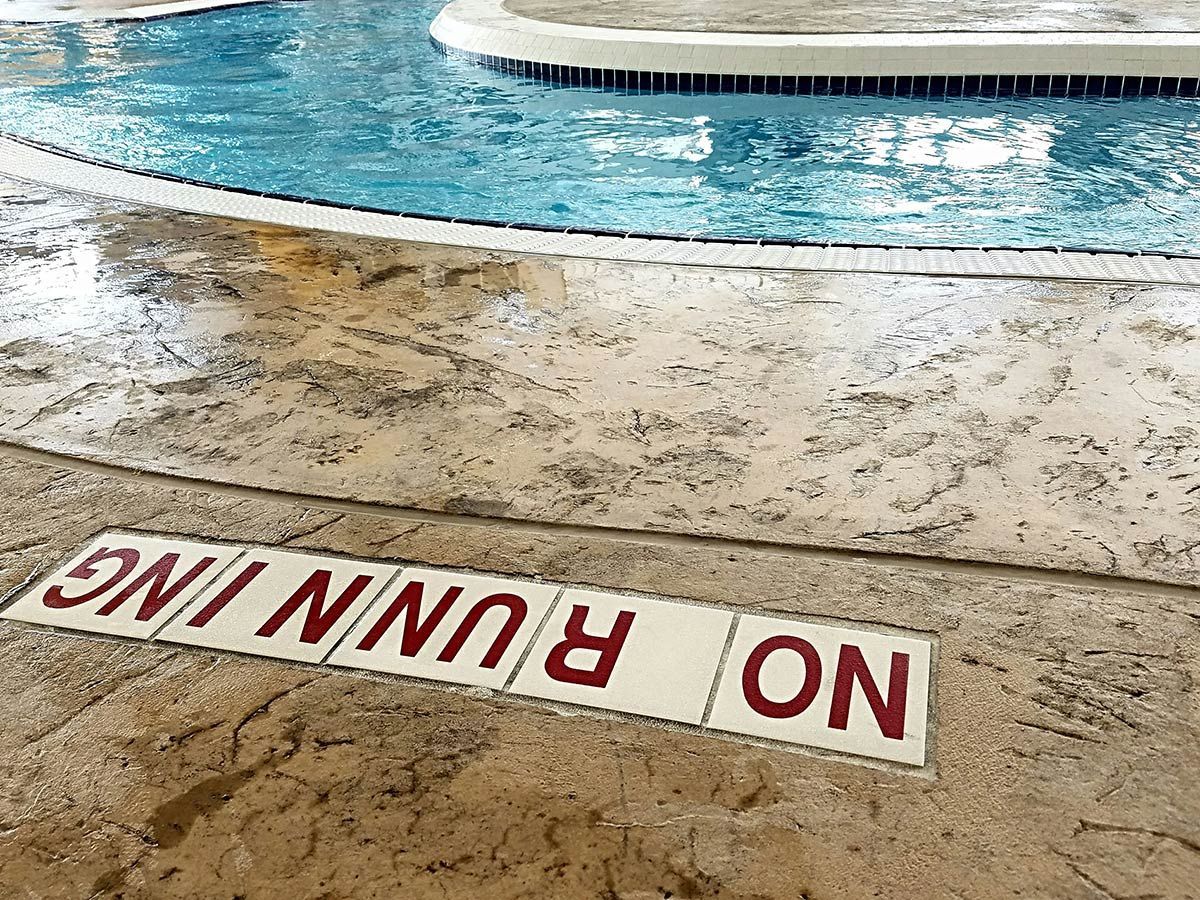
Balancing these potential dangers associated with a pool with how properly operated pools can serve as great sources for recreation makes evaluating risk worth the effort. With care applied during initial construction as well as ongoing maintenance, following best practices when using a pool during warm weather months leads to years of safe use by all who take advantage of this excellent summer activity.
With effective identification and assessment of hazards around residential pools achieved, the next step towards ensuring maximum safety is Pool Safety Supervision and Maintenance.
Most Important Summary Points
Homeowners and managers must be aware of local codes and standards regarding pool safety when constructing and maintaining a residential pool. Potential hazards from debris, pH levels, slippage, algae buildup and swimmers should be identified and addressed at all times for maximum safety. Regular maintenance should also be carried out in order to ensure that conditions remain safe. Proper supervision and maintenance practices are necessary for long-term safety when enjoying the pool in warm weather months.
Pool Safety Supervision and Maintenance
Pool safety supervision and maintenance is a vital component of pool compliance, and ensures swimmers can enjoy a safe and fun environment. Proper maintenance of the pool, as well as supervision from certified staff and lifeguards are key to preventing accidents and injuries.
Regular maintenance should involve checking water chemistry, pH levels, chlorine levels and filtration performance regularly. Depending on the type of pool, other issues such as algae blooms, cracks in the surfaces, slips or falls and poor circulation may also need to be monitored. Water testing kits can help to ensure your pool meets all the necessary health regulations.
Having a qualified lifeguard at all times is essential when a pool is operational; however there are some discrepancies between local regions as to who can act as a lifeguard. Some states allow physically fit teenagers aged 16 or older to qualify while other jurisdictions require that all lifeguards have first aid qualifications (or equivalent) in addition to an in-depth knowledge of the facility rules.
Those arguing for stricter control want to ensure that all lifeguards are highly trained professionals with an impeccable track record for following laws, regulations and health & safety guidelines. On the other hand, those who believe in more lenient standards argue that supervision should be based on individual pools' overall safety assessments rather than general requirements.
No matter what perspective you choose, proper pool safety supervision is essential for ensuring swimmers can enjoy a safe and fun experience – something that both homeowners and managers need to take into account when devising their pool compliance solutions.
Next up: Pool Management and Operator Requirements
Pool Management and Operator Requirements
Ensuring a pool management and operator are in compliance with today's regulations can be a tough process. On the one hand, stringent standards exist to protect both operators and those using the facility from potential risk; yet on the other hand, failure to comply with these regulations can lead to costly fines and liabilities for the owners of the property. It is essential that owners and managers understand the local laws and ordinances for pools in their state or county, along with any additional safety measures that could apply to their specific facilities.
At a minimum, pool operators must adhere to all relevant health codes, keep accurate records of chlorine levels and pH tests, carry liability insurance, and maintain adequate filtration systems. Additionally, swimming pools may be subject to additional state regulations such as frequent inspections of the facility, mandatory postings of rules and regulations, and maintenance plans in case of accidents or natural disasters. Furthermore, certain pools may need further accommodations depending on the usage or who will be using them (e.g., a small wading pool or hot tub).
Given the complexity of local laws and regulations surrounding pool management, seeking expert advice can help ensure operators are not over-complicating or missing any crucial steps to staying compliant. The next section discusses a pool compliance consultation service that can provide homeowners and managers with this necessary expertise.
Pool Compliance Consultation Service
Pool compliance consultation services provide invaluable advice and support to homeowners and property managers who are responsible for maintaining compliant water recreation facilities. With the ever-changing regulations from state to state, remaining up-to-date on all necessary measures of pool compliance can be a challenge. Pool compliance consultation services offer tailored advisement based on each individual’s specific requirements, helping to ensure that the facility remains safe for use by the public and meets all required standards.
Pool compliance consultation services can provide comprehensive advice on a range of pool safety issues, from scheduling needed cleaning and maintenance, to providing guidance on obtaining necessary certificates in different states or localities. They can also assist with developing best practices for operating a safe, compliant pool area and making sure that proper equipment is installed properly. This type of service provides a personalized approach to addressing challenges and questions related to pool or spa operation, its equipment, and relevant regulations.
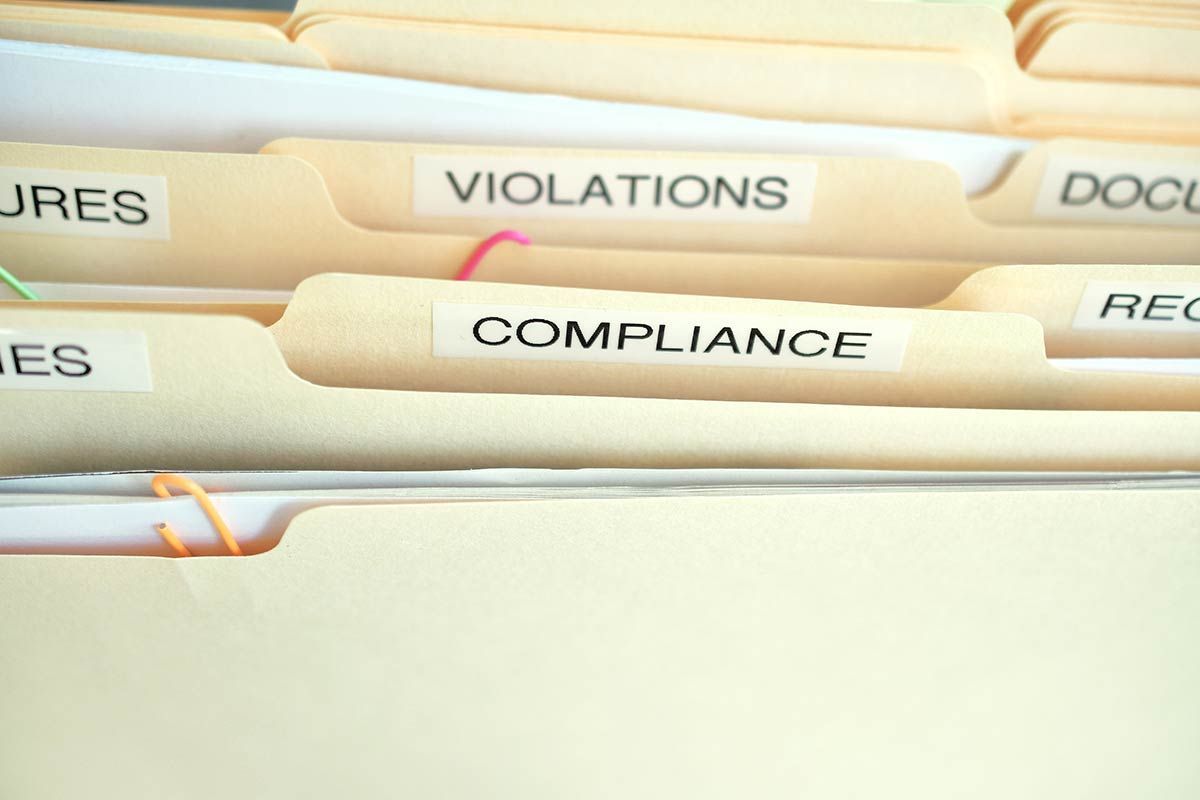
On the other hand, there can be downsides to utilizing a pool compliance consultation service. Depending on the business model or scope of services provided, some may not offer regular updates regarding changes in federal or state legislation and standards. Additionally, their services may require additional funding beyond the initial fee and may come with hidden costs that customers may not be aware of until it’s too late.
In any case, regardless of whether one opts for a pool compliance consultation service or does their own research and prepares their own assessment documents, simply being aware of state and local safety guidelines is an important aspect of pool operation. In the next section we will explore what homeowners and property managers need to know about state and local safety guidelines.
- A 2020 survey reported that the average cost of a pool compliance consultation for homeowners and managers in the United States is $200-$450.
- An analysis published in 2017 found that of all required pool compliance inspections, approximately 75% were completed on schedule.
- A study conducted in 2016 revealed that 43% of inspected pools were deemed to be non-compliant with local regulations.
State and Local Safety Guidelines
State and local safety guidelines are essential to the successful operation of all swimming pools, notably those managed by homeowners and property owners. From public health standards to other regulatory mandates, complying with such guidelines is key to keeping your pool safe and attracting swimmers. Unfortunately, many swimming pools have difficulties adhering to all laws, rules, and regulations; however, understanding state and local safety guidelines is the first step in promoting an environment of compliance.
The specifics of these safety guidelines vary from state to state. Factors like size, depth, fencing requirements, maintenance protocols, and water circulation can have different requirements depending on the area. This means it's important for homeowners or property managers to be familiar with the guidelines in their specific locality. It’s also important to note that any changes made to a pool must be in compliance with existing safety guidelines in order for a pool to stay compliant with these municipal rules.
Additionally, states often require a variety of certifications from individuals who maintain swimming pools professionally. These certifications may include topics such as chemical management training or lifeguard certifications for managing public facilities. Meeting these criteria is essential for preventing problems down the line when inspected by relevant authorities.
Though there are relatively solid legal frameworks for regulating public swim areas, private swimming pools may prove more difficult to regulate because homeowners would not likely meet the same certifications required by municipalities or other organizations when managing their own pool; indeed the responsibility falls on them alone—or any professional they hire—to ensure they are operating within the bounds of safety.
It is clear that state and local safety guidelines hold property owners accountable for maintaining a safe and compliant swimming pool environment. Staying abreast of licenses, permits, criteria, and inspections will prove invaluable to maintaining one’s pool quality and gaining peace-of-mind knowing its compliance status. With this knowledge in hand, transitioning into a discussion about pool compliance solutions for property owners is only natural - let's look now at how we can help them attain success in this endeavor.
Pool Compliance and Property Owners
Pool compliance is a major concern for property owners, particularly those managing multi-family dwellings. Pool maintenance and state or municipal requirements have put many owners in the difficult position of needing to make costly improvements to maintain compliance; meanwhile, labor costs and pool supplies can quickly add up. There are pros and cons to consider when weighing the associated costs and time commitment against safety concerns.
On the one hand, property owners may be tempted to avoid or delay implementing necessary changes in order to keep costs down. However, failing to keep up with inspections and maintenance could result in hefty fines and legal action that could ultimately be more expensive than making timely upgrades. Furthermore, putting tenants’ safety at risk is never an ethical option.
Moreover, as pools become increasingly popular among renters who want access to amenities without the up-front cost of pool ownership, there’s even greater incentive for landlords to ensure their property meets all required regulations so they can attract quality tenants who understand the importance of properly maintained facilities.
Additionally, keeping records of inspections and maintenance is one of the
swimming pool checklists needed and can help protect landlords from liability in case of an accident. Furthermore, proper documentation can increase value if it comes time to sell or refinance the property.
Considering all these factors can help property owners decide if investing in pool compliance solutions is worth the time and money for their particular circumstances.
Final Thoughts on Pool Compliance and Consultation: Expert advice is often essential for navigating the complex guidelines involved with pool regulation, especially when managing a multifamily dwelling or dealing with decades-old infrastructure. Therefore, owners should consider engaging a professional consultant who specializes in pool compliance solutions in order to ensure their facilities are safe and compliant with all local regulations.
Final Thoughts on Pool Compliance and Consultation
When it comes to private and public pool compliance regulations, consulting with an expert can be the first step in maintaining a safe and compliant swimming environment. Even if you currently have a compliant pool, the regulations can change over time, making it important to stay up to date. Consulting with a professional not only offers assurance that you are in compliance with all current codes and regulations, but also provides valuable advice and guidance on any necessary updates or modifications needed to ensure continued compliance.
Though consulting with a pool compliance expert is beneficial, it's still important for homeowners and managers to understand the basics of pool safety standards themselves. Pool owners have legal responsibilities related to their pool, so understanding the regulations is key. Additionally, knowing the regulations helps one prepare for upcoming inspections as well as prepare questions for consultation more efficiently.
What’s more, despite best efforts to comply with local guidelines, there may be other issues that arise during the inspection that require attention. The inspector will point out any discrepancies and may recommend a qualified contractor to help fix any deficiencies if need be. This means that having knowledge of potential risks in your particular area of operation ahead of time will prove invaluable when dealing with these issues and save time and money down the line.
Finally, it’s important to note that pool safety is everyone’s responsibility. All swimmers should be familiar with the rules and regulations as they relate to their health and safety while using a public or private facility. Homeowners and managers should also educate their staffs on the specific policies associated with operating a pool safely, both to protect those on-site and to avoid violation penalties imposed by regulatory agencies.
In short, consulting with an experienced professional is important when keeping a pool within compliance standards; however, there are still important steps every owner needs to take themselves in order to protect swimmers from danger. Educating yourself on common concepts such as water chemistry balance, sanitation levels, hazardous materials detection, field testing procedures etc., along with being aware of current safety regulations in your region are all essential for running a safe and compliant swimming facility.

